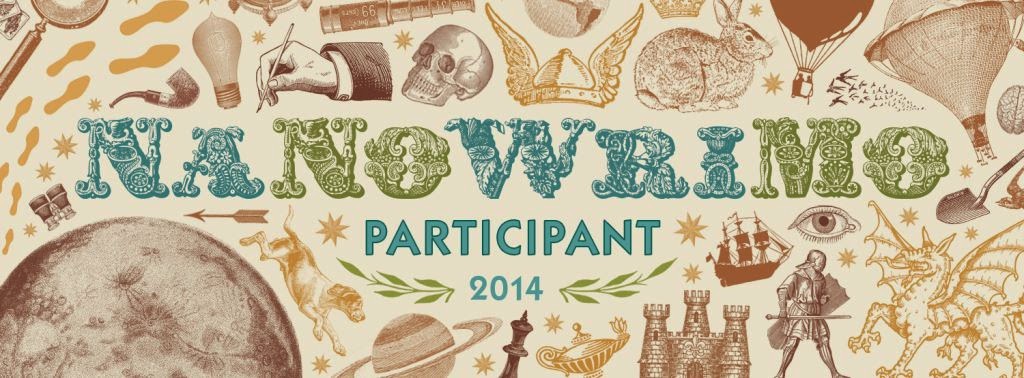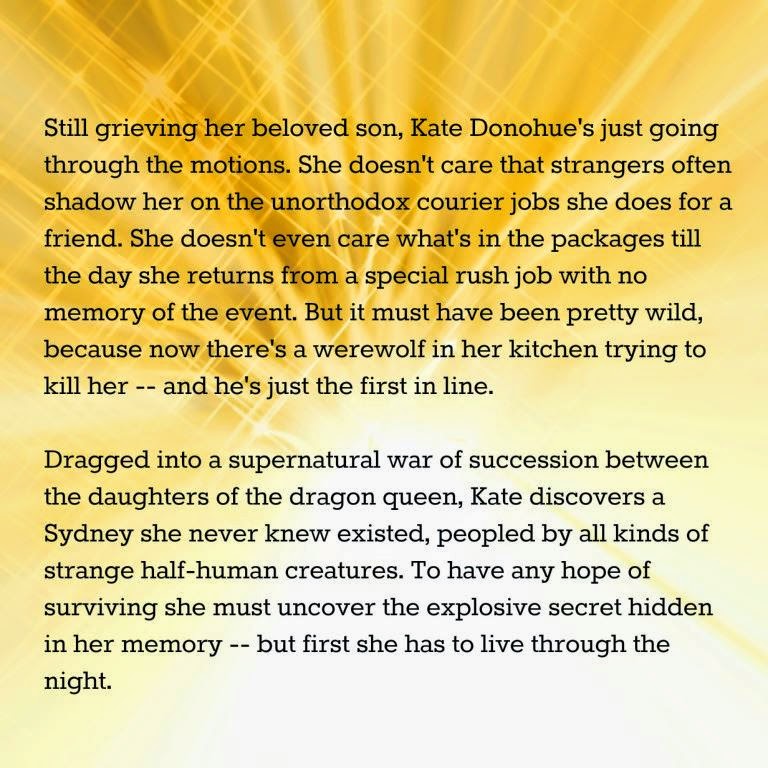How long have I been writing? Depends on what you count as writing.
There was that little Easter story I wrote and illustrated for my mother when I was about seven. So cute! Or the three exercise books I filled with the story of the Romney children when I was in fifth class. It was a blatant Enid Blyton Famous Five rip-off, but despite all those words, I never finished it.
My next big writing spurt was in Year 8. I had a fabulous English teacher, who was very encouraging of my writing. (As it happened, his name was Brian Caswell, and he’s now a well-known writer himself.) I actually managed to finish a book that year. By then I’d progressed from Enid Blyton rip-offs to Georgette Heyer ones. I shudder now to think of it, but to his credit he read it with a straight face and urged me to keep writing.
So I did. But, being me, the finishing part was a real problem. Sure, I started lots of novels over the years, always with much enthusiasm. I even remember declaring 1994 to be “the year of the novel”, but that teenage Regency romance was the last one I finished until 2007, when the ducklings were at last old enough for me to be able to string two thoughts together in a coherent manner again.
It was also the year I discovered NaNoWriMo, which has been a huge motivator for me ever since. I completed the first draft of a contemporary romance that year, and was hugely proud of myself.
But of course, “first draft finished” and “publishable quality finished” are two very different beasts. I did NaNoWriMo again every year except one, and produced many more first drafts, but I didn’t revise any to a publishable stage until this year, 2014.
That novel is Twiceborn, and the ebook is available now on Amazon.
Or to put it another way:
OMG I PUBLISHED A BOOK!!!
I’ve been waiting such a long time to say that.






